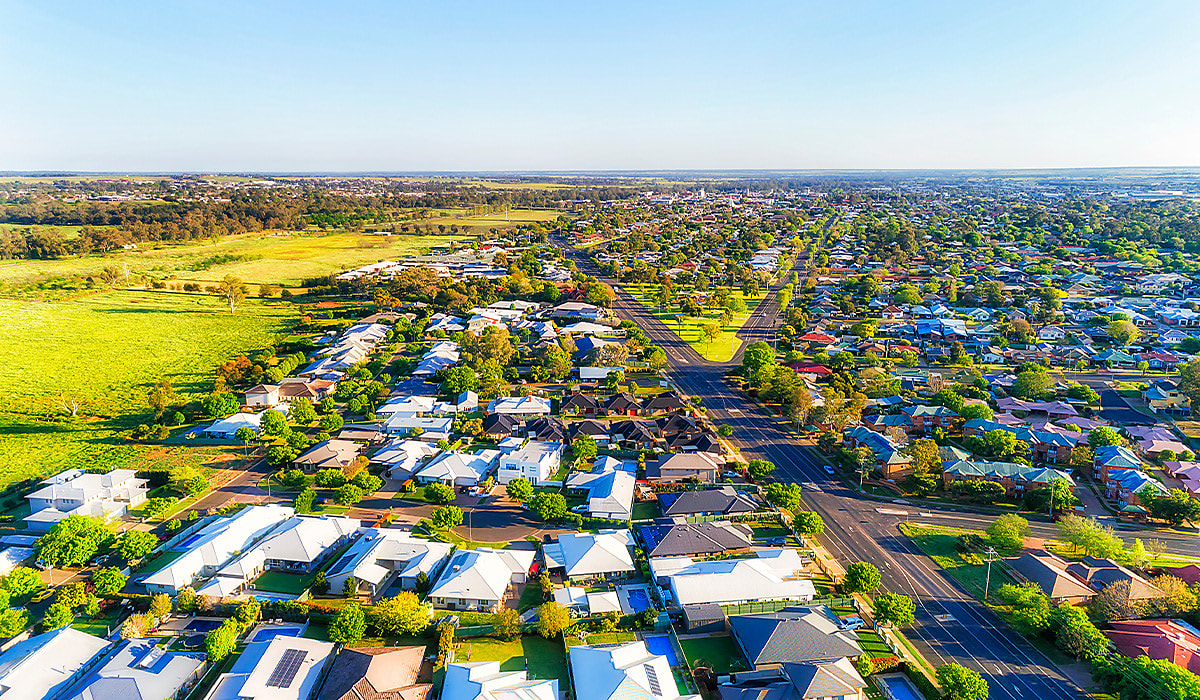65% of agents predict house prices will rise in 2025: CoreLogic
A new industry survey has shown that nearly two-thirds of agents believe house prices will rise in 2025, albeit at a slower recovery pace than in 2024.

CoreLogic’s annual report entitled Decoding 2025 has revealed that 65 per cent of surveyed agents predict that house prices will rise in 2025, driven by improving affordability, rising incomes and the potential for cuts to interest rates.
This report incorporated insights from over 2,400 real estate agents and banking and finance professionals in order to explore the key challenges facing the real estate industry and housing market in 2025.
CoreLogic’s head of research, Eliza Owen, noted that the responses reflect the outlook shared by CoreLogic and many leading economic commentators from major banks.
“Agents are at the coal face of turning sentiment, whether it’s lackluster auction bidding, sparse open homes, or reduced enquiry levels,” Owen said.
With over two-thirds of agent respondents expecting house prices to rise, over 40 per cent predicted that prices in 2025 will increase between 1 per cent and 5 per cent, followed by the next highest segment (25 per cent) estimating price increases in excess of 5 per cent.
Reflecting on these projections, Owen commented that the economic recovery in late 2024 has “laid the groundwork for increased buyer activity in the year ahead”.
While Owen cautioned that the recovery pace is likely to be more modest compared to the 4.9 per cent value growth in 2024, due to ongoing challenges around affordability and stock availability, she noted that “we do expect values to finish 2025 higher”.
Even with this lull in the market in early 2025, Owen noted that “improving household savings and easing interest rates are expected to drive demand later in 2025, even as supply challenges persist”.
“Despite some softening in the market in early 2025, it is expected conditions could pick up later in the year alongside lower interest rates, higher real income growth and improved affordability in markets like Melbourne,” she said.
While CoreLogic noted that Melbourne’s median dwelling value of $774,000 has fallen 6.4 per cent below its 2022 peak of $801,000, survey responses revealed that agents anticipate a potential recovery for the market due to its “affordability and renewed demand”.
“Melbourne has established an affordability advantage and could experience improved capital growth performance in 2025, driven by lower interest rates, higher real incomes, and better affordability,” Owen said.
Looking at other up-and-coming markets, a significant 70 per cent of survey respondents forecast price growth for the Queensland market due to strong internal migration trends, a position supported by recent Money.com.au research showing the Sunshine State recorded the highest net interstate migration in every quarter since 2017.
First home buyers facing significant affordability challenges
The survey also explored the challenges faced by first home buyers in the current market, with 87 per cent of agents identifying longer saving periods, and 77 per cent noting a “growing dependence on financial assistance from parents”.
“Housing values have grown much faster than incomes, which blows out the time to save a deposit, even if the household can maintain a high savings rate,” said Owen.
These affordability hurdles were observed to have driven a shift in buyer behaviour, with agents reporting that first home buyers are increasingly engaging in “rentvesting” by renting in desirable areas while investing in properties elsewhere.
Responses also indicated a growing interest for compact housing among first home buyers, with 78 per cent of agents highlighting a growing interest for “smaller, more affordable properties”.
Buyer sentiment shifts towards affordability
With the price gap between detached houses and units reaching record levels, CoreLogic also observed that broader buyer sentiment has also gravitated towards more affordable housing types.
Noting that further momentum in the affordable housing sector is “likely to build”, Owen noted that the unit sector may see more activity in 2025, and added that the firm saw “slight outperformance in unit markets” towards the end of 2024.
“As houses become less attainable, I think more buyers could deflect to the unit sector, despite units presenting strata challenges and lower capital growth prospects,” Owen said.
Housing expected to take centre stage in 2025 federal election
Looking ahead in the year, CoreLogic highlighted that the federal election is expected to bring housing supply into “sharp focus”, with close to two-thirds of survey respondents (63 per cent) identifying it as the “top policy priority to address affordability challenges”.
While CoreLogic noted that elections can often bring “short-term market hesitation”, the firm stated that “history shows the right policies can boost confidence”, and emphasised that adapting to shifts in policy will be critical for agents looking to stay ahead.
“Strategic housing policies targeting faster approvals, increased land release, and incentives for diverse housing types will be critical in addressing supply constraints,” Owen said.
“Clear, supportive measures can instil confidence in buyers and sellers, driving sustained activity across the property sector”.
